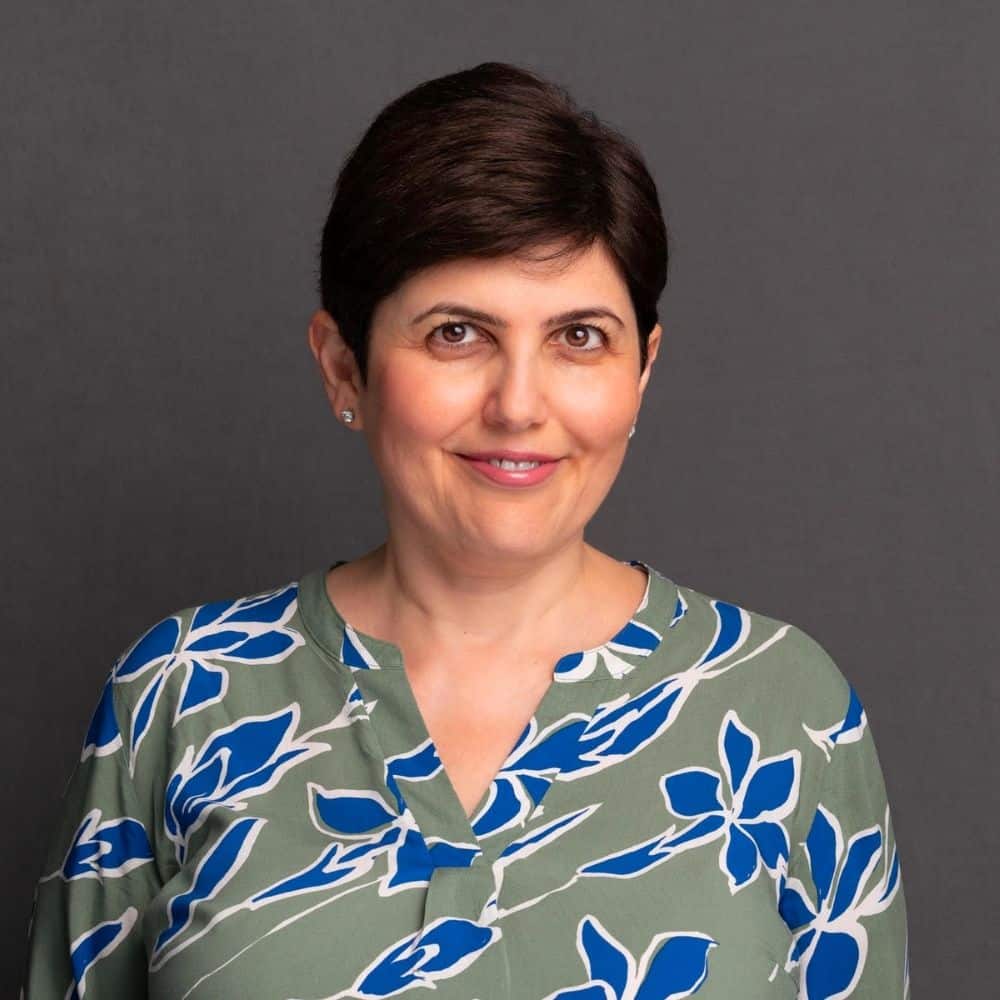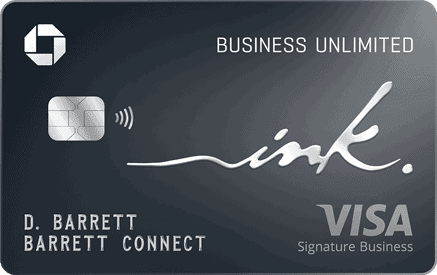
10xTravel is part of an affiliate sales network and receives compensation for sending traffic to partner sites, such as CreditCards.com. This compensation may impact how and where links appear on this site. This site does not include all financial companies or all available financial offers. Terms apply to American Express benefits and offers. Enrollment may be required for select American Express benefits and offers. Visit americanexpress.com to learn more. All values of Membership Rewards are assigned based on the assumption, experience and opinions of the 10xTravel team and represent an estimate and not an actual value of points. Estimated value is not a fixed value and may not be the typical value enjoyed by card members.
Note: Some of the offers mentioned below may have changed or may no longer be available. The content on this page is accurate as of the posting date; however, some of our partner offers may have expired. You can view current offers here.
Money is a very sensitive subject and one of the leading sources of stress and anxiety. Can we really eliminate the stress caused by money?
We can’t entirely, but we can certainly take a few steps to reduce it. It’s important to recognize that dealing with financial stress will improve your bottom line and your mental health.
Creating a robust emergency fund, automating savings, investing and making adjustments in our lifestyle are all important steps on our journey toward less stressful life. It’s also extremely important to devote some time and money to self-care. Everyone has their own definition of self-care, but whatever it is, don’t be afraid to allocate some money in your budget to it.

You’ll also have to bring your family and your life partner on board. This is a task far too great for one person; you want your partner to help you, not to sabotage your efforts at improving your financial wellbeing.
Identify Your “Pain Points”
An important first step of dealing with any problem is identifying the cause. So what’s causing your money anxiety? What are the biggest factors of your financial stress? Is it an insufficient emergency fund? Or is the money flowing through your fingers like water and disappearing as soon as you earn it?
Answering these questions will require some soul searching and sometimes confronting an uncomfortable truth. You’ll also have to bring your family and your life partner on board. This is a task far too great for one person; you want your partner to help you, not to sabotage your efforts at improving your financial wellbeing.
Create an Emergency Fund
You’ve heard this advice many, many times before. Yes, this requires discipline to get the emergency fund going but you’d be so glad you started it, especially during the uncertain times.
You can pad your emergency fund balance with a nice new checking or saving account opening bonus. I’ve seen bonuses as high as $500! And if you have a business, don’t forget to check into business account opening bonuses. Check out the big national banks and smaller regional banks. Sometimes the regional banks have much better new checking account bonuses.
Check the bonus requirements to see if you can actually qualify. Just like with credit cards welcome bonuses, you have to meet certain requirements to be eligible to receive the bonus. It could be a certain number of direct deposit transactions, maintaining minimum balance or a minimum number of monthly transactions.
Keep contributing to the emergency fund regularly. Personal finance experts recommend having 3-6 months worth of living expenses in your emergency fund, but how much you have there will depend a lot on your financial situation and where you are in your life and career.
Having a healthy emergency fund will help when unexpected things happen. And they WILL always happen, it’s not a question of if, but rather of when.

Calculate How Much You Actually Take Home
It’s very important to know how much actually lands in our accounts every pay period. If you’ve gotten a raise or started a new job, Paycheck City has a couple of handy calculators that will help you figure out exactly how much is going to land in your checking account after all the deductions.
Why is it important? Because you’ll have a much better gauge of how much you can actually spend each month and this will help create a realistic budget.
But our lives are almost never constant, so regular checkups are essential to reducing money stress and working on your overall financial health. We need to take control of our finances and set aside some time to schedule and organize the money coming in on a regular basis. The better control you take of your money, the less stress you will feel.
Simplify Your Life
Go through your subscriptions for goods and services and ask yourself if you can live without these. Not only will you save money, but you’ll also have less clutter at home and in your email inbox.
It’s perfectly okay to get rid of stuff that doesn’t bring value and joy into your life. These could be physical things that you have coming into your house on a regular basis like various subscription boxes, magazines or services that you aren’t using, like premium TV subscriptions.
Do you really need that monthly beauty box or the meal delivery service you signed up for a while ago? There might have been a free trial, or a great incentive to get started, but you never got around to actually canceling it. Do these things really improve your quality of life and bring value? If the answer is no, then axe it and never look back.
This is what these companies count on, they count on our complacency and the fact that customers are just too busy living their everyday lives to keep tabs on these small recurring expenses! So let’s be smart about reducing the physical and digital clutter in our lives.
So you go ahead to Amazon and KonMari your life for better mental and financial health!
Automate Your Savings and Investments
Let’s face it, we can be our worst enemies when it comes to savings and investment and analysis paralysis is a real thing. But the passive way of saving and investing can lead to outsized results.
Financial experts suggest stashing away at least 10% of your income, but the number will depend on each person’s personal circumstances. If you can divert 15% or maybe even 30% of your income to savings and investments, you’ll reach financial peace much sooner.

Financial experts suggest stashing away at least 10% of your income, but the number will depend on each person’s personal circumstances. If you can divert 15% or maybe even 30% of your income to savings and investments, you’ll reach financial peace much sooner.
It’s much easier to adhere to these goals if the money earmarked for saving or investing doesn’t even hit your checking account. It might be hard to adapt to the lower number at the beginning but as we get used to spending less, it’ll become much easier with time.
Think of each dollar in your savings account or in your IRA as a little worker-bee, hard at work for you, every single day, building your long-term wealth and prosperity. The power of compound interest is truly astonishing. It’ll be slow going at the beginning, so this definitely requires patience. But the longer you save the faster your savings will grow.
So set up those automatic transfers into your savings account, IRA or 401k and watch the money grow long-term.
And if you’re looking for some professional help at a price that is significantly lower than that of most financial professionals, consider checking out Facet Wealth. 10xT Founder Bryce Conway has used them for almost a year now and swears by their service.
Avoid Lifestyle Inflation
The more we make – the more we spend. And who hasn’t been guilty of that? We graduate college, maybe get a professional degree, get a better job, get a promotion. And with every income increase comes a better apartment, a larger house, a nicer car. And more expensive shoes for some …
This can easily lead to overspending and the “I’ve worked hard for it, so I deserve a treat” line of thinking. So one way to reduce stress caused by money in the present and, no less importantly in the future, is to direct the windfall toward the emergency fund or your retirement savings.
Going back to the automating saving strategy – if you increase retirement contributions with each raise, you won’t feel like you are sacrificing anything.
Travel Rewards
Having a good stash of travel rewards ready to be used for vacations and staying connected to family can greatly reduce the strain on any budget. This is why we are all here, after all, right? Gone are the times when we spent thousands of dollars on trips. This money can be used instead to foster our long term financial health and to build wealth.
I shudder to think how much money my family spent on trips and vacations before we discovered travel rewards. So much money could have gone into my savings account AND I could’ve traveled so much better!
So learning about various travel rewards strategies could be a great way to reduce the money stress. You don’t need to jet off to exotic locations to appreciate how much value you get from travel rewards. Just flying in your grandparents for graduation could be the best gift you can give anyone.

We need to take control of our finances and set aside some time to schedule and organize the money coming in and out on a regular basis. The better control you take of your money, the less stress you will feel. Manage your everyday expenses, bills, memberships, and other spendings such as home loan, insurance, savings and investment, travel, health, lifestyle, and retirement plans.
Final Thoughts
Recognizing the problem and taking small but consistent and incremental steps is key. You don’t need to attack all the money issues on all fronts simultaneously. Set small goals and when you achieve one, move to the next goal. Track your progress to stay motivated and stay on track.
Keep the eye on the prize and make one financial decision at a time. You know how crash dieting and budgeting don’t always (ok, almost never) work? This is not about willpower, this is about changing our behavior one step at a time and automating as much as possible.
If you have less money coming in each month because a portion of your paycheck is going directly to savings, it’ll be easier to spend less than if you had the whole paycheck available immediately.
It’s also very important to keep yourself honest. Lean on your family and friends to keep you accountable and to remind you of the bigger picture. Be realistic and kind to yourself. You can’t eliminate every single thing causing your financial stress immediately, so it’s important to realize that this will take time.
How do you deal with financial stress? Share with us your tips and tricks that work to reduce the stress caused by money.
New to the world of points and miles? The Chase Sapphire Preferred® Card is the best card to start with.
With a bonus of 75,000 bonus points after you spend $5,000 on purchases in the first 3 months from account opening. , 5x points on travel booked through the Chase Travel Portal and 3x points on restaurants, streaming services, and online groceries (excluding Target, Walmart, and wholesale clubs), this card truly cannot be beat for getting started!
Editors Note: Opinions expressed here are author’s alone, not those of any bank, credit card issuer, hotel, airline, or other entity. This content has not been reviewed, approved or otherwise endorsed by any of the entities included within the post.






